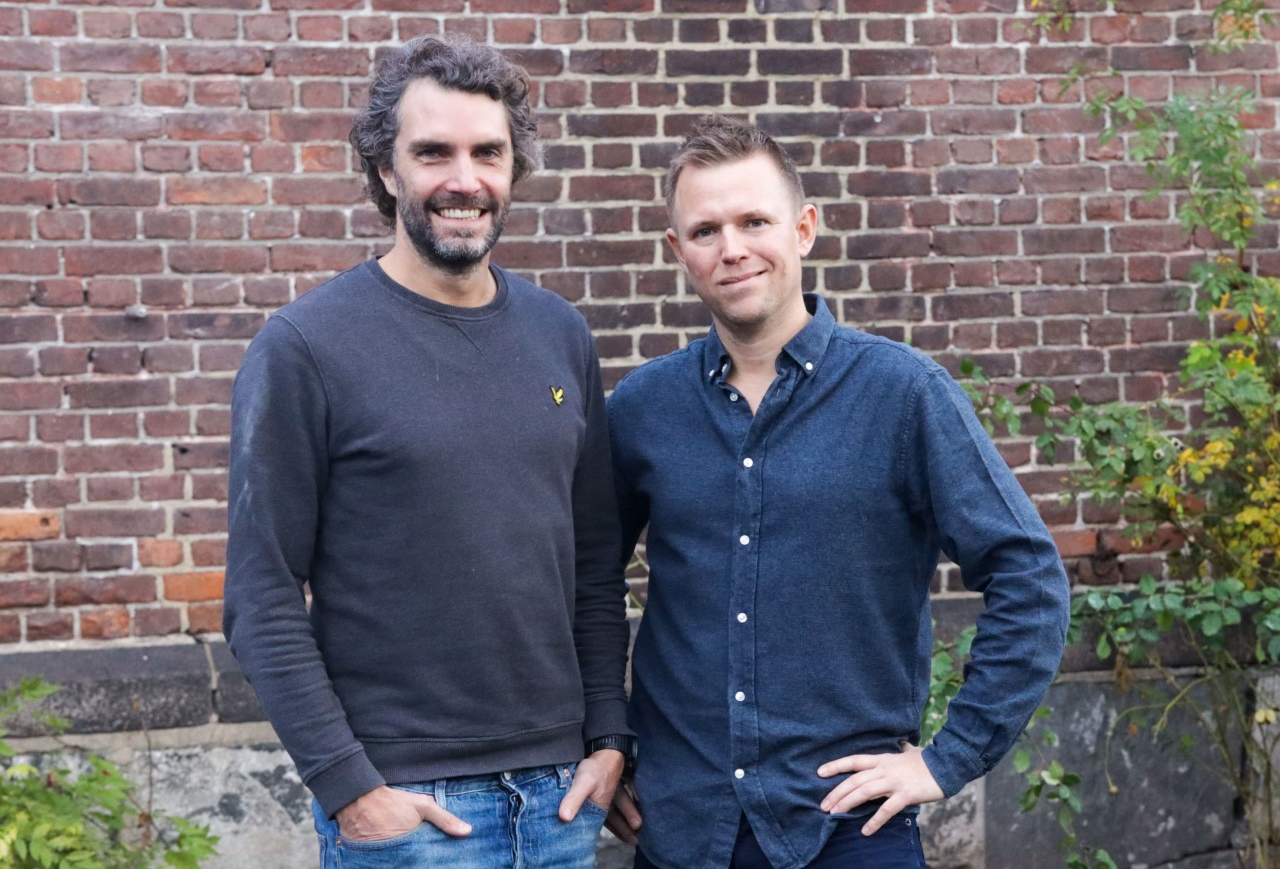Norway’s impact investment platform Norselab’s new fund will offer a “founder-friendly” financing alternative that gives impact-focused companies access to growth capital without giving up control

Norwegian impact investment platform Norselab has unveiled plans to launch its third fund to invest in impact ventures that demonstrate a meaningful contribution to the UN’s SDGs.
The Meaningful Structured Equity fund, which will launch in the first half of 2023 with a fundraising target of $50m, will seek to invest in 10-15 growth companies across the Nordic region that can demonstrate proven impact potential as well as a strong product-to-market fit and solid venture capital backing.
The fund, which is aimed at family offices and institutional investors, including pension funds, will combine non-voting preference shares with an average term of three years, with stock warrants.
Norselab says the fund’s novel structure will offer investors the potential for superior payouts as well as downside protection, whilst giving founders access to capital at a lower cost without giving up control of their companies.
According to Norselab, this type of financing accounts for just 5% of venture capital in Europe, compared with 20% in North America.
Low dilution funding
Speaking to Impact Investor, Christian Holm Nilsen, co-manager of the fund, said: “Our aim is to provide a product to the founders of growth companies that offers low dilution financing at a lower cost of capital than traditional funds based purely on common equity. By issuing non-voting preference shares, which are callable by the company, we can give founders more control over their businesses and hopefully, help to plug the current funding gap for impact ventures in the Nordic region.”
Holm Nilsen said that in addition to ordinary stock warrants, which give Norselab access to shares in a company’s common equity, the structure would also include protection warrants, which would safeguard investors’ capital in the event a company did not call their preference shares within the timeframe agreed in the investment contract.
Nordic funding gap
Based on data from global investment data platform Dealroom.co, Norselab’s analyst team said the funding gap for Nordic impact ventures was around $4bn and that Nordic impact startups had disproportionately low access to funding compared to their European equivalents, with companies entering the growth phase of their development particularly affected.
This is despite a 2021 report from Danske Bank and Dealroom.co, which found that Nordic impact startups demonstrated higher success rates than their European counterparts, with 25% (versus 9%) converting from seed-stage to growth companies at 18 months and 33% (versus 18%) at 30 months.
“Given the lack of alternative financing options available, often the only avenue for Nordic startups raising funding rounds is to go for traditional equity funding and that exacerbates the existing funding gap. Structured equity products that offer low dilution financing are in strong demand from impact companies and we hope that this fund will provide much needed financing for companies driving meaningful advances in the SDGs,” added Holm Nilsen.
Meaningfulness philosophy
This latest fund, which follows in the footsteps of Meaningful Equity Fund I and Fund II, will be built on the company’s ‘meaningfulness philosophy’.
Maria de Perlinghi, partner and chief impact and communications officer at Norselab, explained the fund would use the UN SDGs as a guiding framework and only consider companies that had the potential to drive radical change in global industries to meet the SDGs.
After developing a theory of change and mapping a company’s potential contribution to the SDGs, she said her team also screened against EU regulations such as the EU Taxonomy and quantified the impact of any given company’s products and services using a third-party data platform called The Upright Project. At the end of the screening process, the company’s product governance committee has the final say on whether a company is suitable for investment.
“When the investment team presents a candidate, my team’s job is to deep dive on the impact. We put the commercial arguments aside and apply a laser focus on the product or service and how it can drive positive change. If it doesn’t pass our screening or its impact is marginal to the SDGs, then we won’t consider it for investment,” she added.






